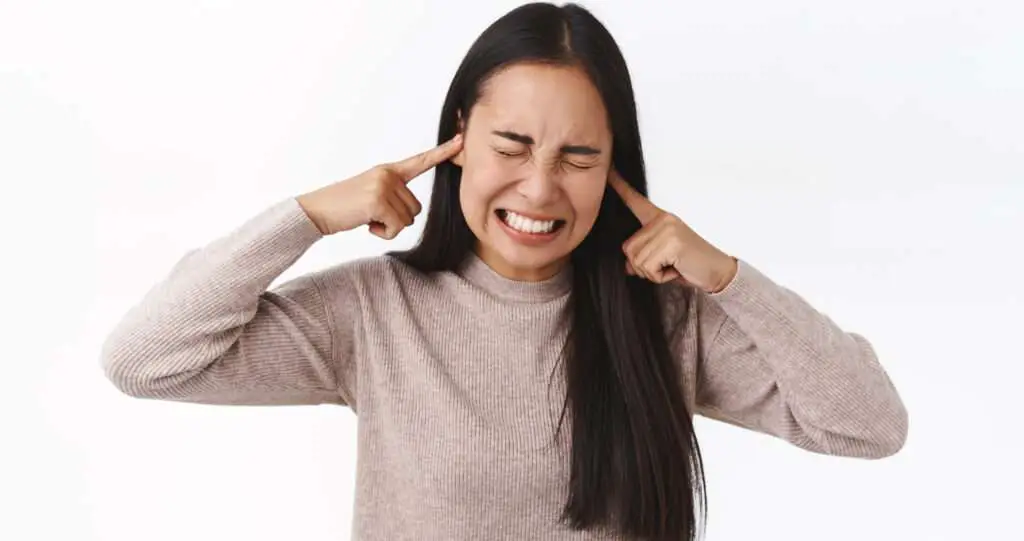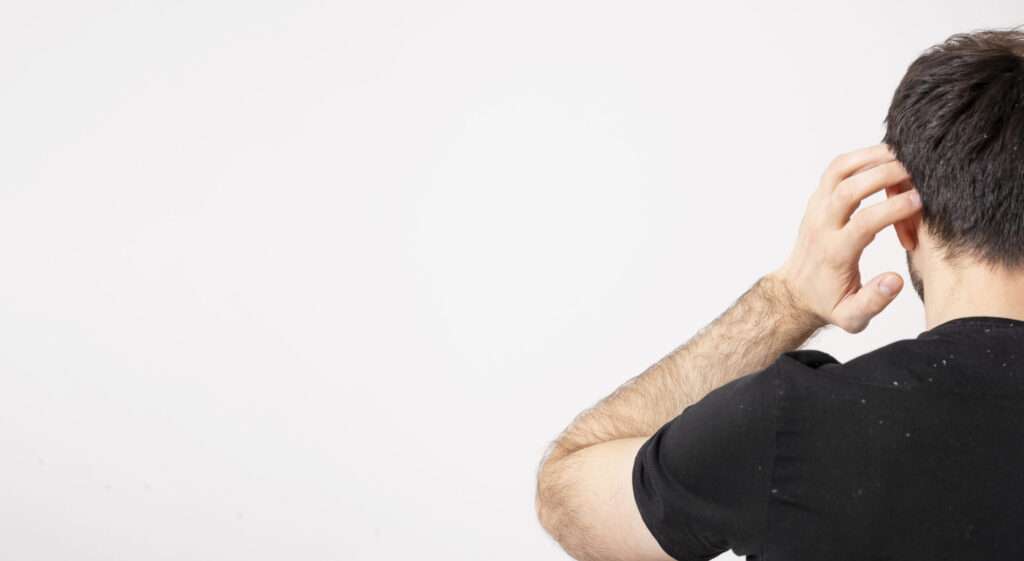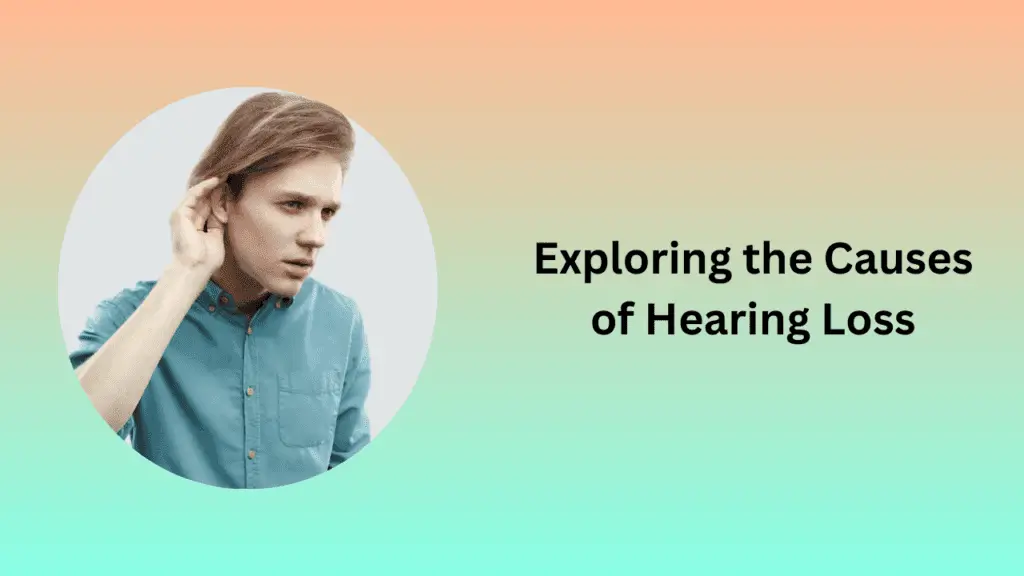Table of Contents
ToggleIntroduction
In a world filled with sounds and meaningful conversations, the ability to play a crucial role in our daily lives However, for many individuals, the may not sound as clear or vibrant as it once did due to the prevalence of hearing. This invisible condition affects millions of people worldwide, impacting quality of life and overall well-being. Our focus in this article is to examine the causes of hearing loss and illuminate this underappreciated aspect of health.
Hearing Loss
Before we embark on this journey to uncover the causes of hearing loss, it is essential to grasp the basics of this complex sensory function. Our ears serve as our gateway to the world of sound, capturing sound waves and converting them into electrical signals that our brain interprets as sound. The delicate structures within our ears, such as the cochlea and auditory nerve, play a vital role in this process.
Hearing loss can be broadly categorized into two main types: sensorineural and conductive. Sensorineural hearing loss occurs due to damage to the inner ear or auditory nerve, while conductive hearing loss stems from issues in the outer or middle ear. Mixed hearing loss is a combination of both sensorineural and conductive factors.
- Natural Formula: Made with pure, plant-based ingredients.
- Non-GMO: Free from genetically modified organisms, ensuring the highest quality.
- Easy to Swallow: Convenient and effortless to incorporate into your daily routine.
- No Stimulants: Keeps your body calm and balanced.
- Non-Habit Forming: Safe for long-term use without the risk of dependency.
Exploring the Causes of hearing loss

1. Age-related Hearing Loss
As we age, our bodies and ears also change. Presbycusis, another name for age-related hearing loss, is a prevalent disorder affecting a large number of older persons. Over time, the delicate hair cells in the inner ear may deteriorate, leading to a gradual decline in hearing ability. This form of hearing loss is often bilateral, impacting both ears simultaneously.
2. Noise-induced Hearing Loss
In today’s fast-paced world filled with sirens, traffic, and loud music, exposure to excessive noise levels has become a prevalent cause of hearing loss. Prolonged or intense noise exposure can damage the hair cells in the inner ear, leading to permanent hearing impairment. Industries such as construction, manufacturing, and entertainment are at a higher risk for noise-induced hearing loss.
Prevention Tip: Use ear protection such as earplugs or earmuffs when in noisy environments to safeguard your hearing health.
3. Genetics and Hereditary Factors
Genetics also play a significant role in determining our susceptibility to hearing loss. Inherited genetic mutations can impact the structure and function of the ear, leading to various types of hearing loss. Conditions such as Usher syndrome, Pendred syndrome, and otosclerosis are examples of genetic disorders that can cause hearing impairment.
4. Ototoxic Medications

Hearing loss can be caused by ototoxic drugs, which are medications that can damage the delicate structures of the inner ear. Common ototoxic medications include some antibiotics, chemotherapy drugs, and nonsteroidal anti-inflammatory drugs (NSAIDs). It is crucial to consult with a healthcare professional about the potential side effects of medications on your hearing health.
5. Traumatic Injuries
Hearing loss can be caused by trauma to the head or ears. A sudden impact or blast wave can damage the delicate structures of the ear, causing temporary or permanent hearing impairment. Individuals involved in accidents, sports injuries, or military service may be at a higher risk of experiencing traumatic hearing loss.
6. Diseases and Infections
Certain diseases and infections can have a detrimental impact on our hearing health. Conditions such as otitis media (middle ear infection), meningitis, mumps, and measles can cause inflammation or damage to the structures of the ear, leading to temporary or permanent hearing loss. It is essential to seek prompt medical treatment for any ear infections or health conditions that may affect your hearing.
7. Otosclerosis

Abnormal bone growth in the middle ear, particularly around the small stapes bone, is what makes otosclerosis a condition. This can interfere with the transmission of sound waves to the inner ear, resulting in conductive hearing loss. Individuals with otosclerosis may experience symptoms such as tinnitus (ringing in the ears) or dizziness in addition to hearing loss.
8. Autoimmune Disorders
Autoimmune disorders, where the body’s immune system mistakenly attacks its tissues, can also impact the auditory system. Conditions such as autoimmune inner ear disease (AIED) can lead to sudden or progressive hearing loss due to inflammation and damage to the inner ear structures. To manage autoimmune-related hearing loss, early diagnosis and treatment are crucial.
9. Meniere's Disease
Balance and hearing can be affected by Meniere’s disease, a chronic inner ear disorder. Symptoms of Meniere’s disease include vertigo, tinnitus, ear pressure, and fluctuating hearing loss. The exact cause of Meniere’s disease is not fully understood, but it is believed to be related to fluid buildup in the inner ear. Treatment options may include medication, lifestyle modifications, or surgical interventions.
Protecting Your Hearing Health

Although the causes of hearing loss can differ, there are several preventive measures you can take to protect your hearing health and reduce your risk of developing hearing impairment.
- Maintain a Healthy Lifestyle: Eat a balanced diet, exercise regularly, and avoid smoking to promote overall well-being, which can benefit your hearing health.
- Limit Exposure to Loud Noise: Be mindful of your surroundings and use ear protection in noisy environments to prevent noise-induced hearing loss.
- Get Regular Hearing Screenings: Schedule routine hearing evaluations with a healthcare professional to monitor your hearing health and address any concerns promptly.
- Stay Informed: Educate yourself about the causes of hearing loss and how to protect your hearing to make informed decisions about your health.
Conclusion
In summary, hearing loss is a complex disorder that can result from a multitude of variables, including environmental exposures, genetic predispositions, and age-related changes. By understanding the diverse causes behind hearing loss and taking proactive steps to protect our hearing health, we can strive to preserve this precious sense for years to come. Remember, our ears are precious gifts that deserve our care and attention. Let’s embark on this journey of discovery and empowerment to ensure that the world continues to resonate with beautiful sounds for all to enjoy.

